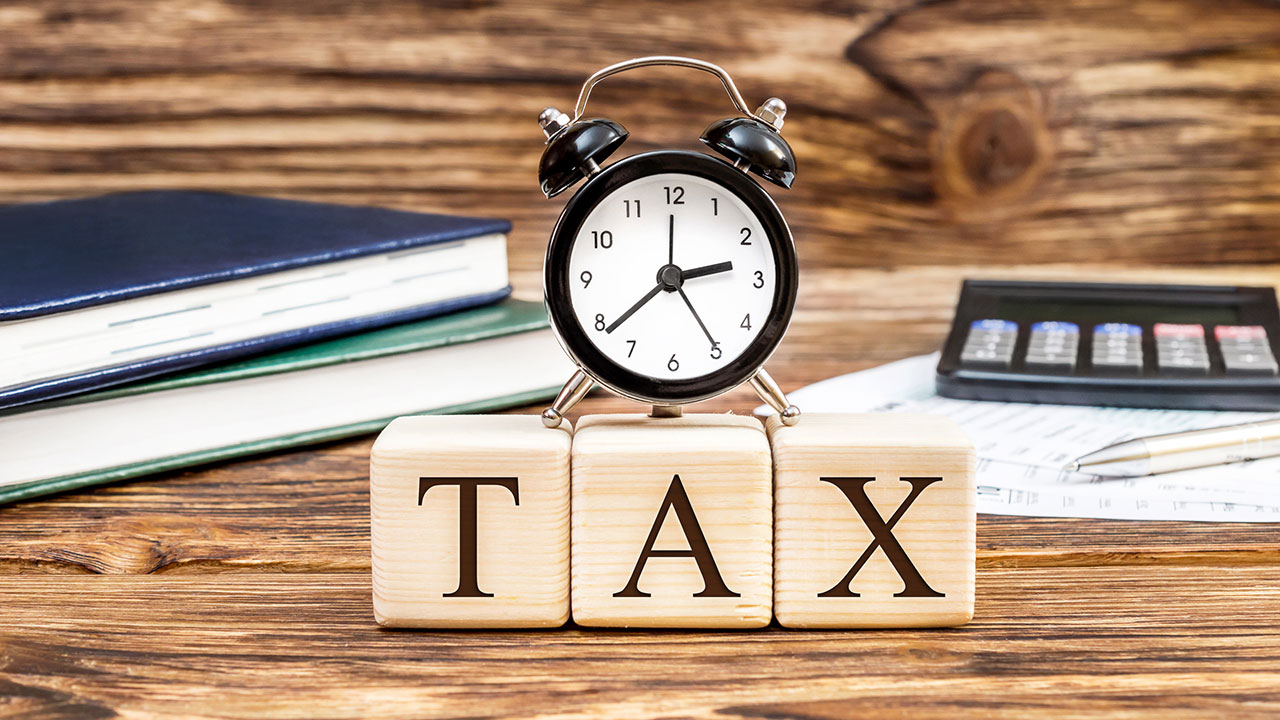
It might not quite be time to file your taxes just yet, but it’s important to understand all the ways that you can take advantage of the tax perks available to homeowners.
In fact, buying a home comes with a number of tax breaks to be taken advantage of that can help potentially save you hundreds of dollars – or more – thanks to the following.
Mortgage Interest Deductions

The principal portion of your mortgage payments is one major expense that you have to pay when you purchase a home, but the interest portion that’s tacked onto to it can be an equally hefty expense. That’s especially true during the first few years of your mortgage where a bigger chunk of your payments is dedicated to interest.
Luckily, you may be able to deduct your mortgage interest come tax time. In fact, this is one of the biggest tax deduction advantages of buying and owning a home. The cap for deducting mortgage interest is $750,000.
Property Tax Deductions
Property taxes are just another annoying tax to have to pay as a homeowner, but they can be deducted. There are rules to this deduction, however. According to the Tax Cuts and Jobs Act (TCJA), property taxes are no longer deducted separately, but rather are included with state and local income taxes. The cap for these deductions is set at $10,000 for married couples who file their taxes jointly.
Private Mortgage Insurance Deductions

Saving up for a down payment can be tough, which is why there are plenty of mortgage products and programs available that make it easier for homebuyers to be eligible for a mortgage without a massive down payment amount. But if you put down less than 20% of the purchase price on a conventional mortgage, you’ll be subject to Private Mortgage Insurance (PMI) premiums.
These extra fees will be tacked on to your mortgage payments, and you’ll have to continue paying them until your loan amount dips to 78% of the value of your home. Until then, you’ll have to continue paying these added insurance premiums.
The good news is that private mortgage insurance premiums can be deducted. That said, this deduction is no longer a separate deduction, which means homeowners can choose one deduction that also includes property taxes as well as state and local income taxes. Single taxpayers are eligible for the deduction if they have an adjusted gross income of less than $50,000, and married taxpayers filing jointly who have a combined income of less than $100,0000 are also eligible.
HELOC Deductions
If you have a home equity line of credit (HELOC) or home equity loan, you may be eligible to deduct the interest paid. However, there are exceptions. According to the IRS, interest paid on HELOCs and home equity loans may still be deducted, as long as the loan funds are put towards buying, constructing, or improving the home that is being used to back the loan.
For example, you wouldn’t be able to deduct the interest of your HELOC if you used the money to buy a car or pay for an extended vacation. On the other hand, of the money was used to renovate your kitchen or bathroom, then such deductions can be made.
Home Improvement Deductions

Renovating your home and adding value to it is a good thing. But not every home improvement project that you take on will be eligible for a tax deduction. If you plan to live in your home for the long haul – including throughout retirement and beyond – then any improvements that you make to your home that will make it possible to live in it throughout your Golden Years may qualify.
For example, wheelchair ramps, stair lifts, or widened shower stalls with handrails can make living easier for the elderly. In these cases, the cost associated with these upgrades may be able to be written off. Just keep in mind that such improvements will have to be deemed a medical necessity to take advantage of the tax breaks.
Energy-Efficiency Upgrade Deductions
Homeowners who make their homes energy efficient in some way can take advantage of several opportunities to save some money. The local, state and federal government offer incentives for homeowners to make improvements to their homes that will save energy, and that includes tax breaks.
The Residential Energy Efficient Property Credit offers a couple of tax incentives for installing energy-efficient upgrades in a home, including solar electric and solar water heaters. Up until the end of 2019, homeowners can deduct 30% of the expenses associated with these upgrades.
Home Sale Exclusions

While you might not be thinking about selling so soon after buying, you should know that homeowners can get a tax break when they sell as well, as long as they meet certain criteria. Generally speaking, anyone who sells real estate and realizes a profit may be subject to capital gains taxes on the proceeds of the sale if they fall outside of certain requirements.
In order to avoid paying capital gains taxes, the home must have been used as the primary residence for a minimum of two of the past five years before selling. Further, up to $250,000 of gains can be free of capital gains taxes for single tax filers, or $500,000 for married couples filing jointly.
The Bottom Line
Everyone loves saving a few bucks when filing their taxes, and homeowners have a distinct advantage to do so. The above-mentioned incentives might be applicable to you, helping you save quite a bit of money on your next tax filing. Be sure to consult with a tax professional to find out exactly what you may be eligible to claim in order to maximize your savings.